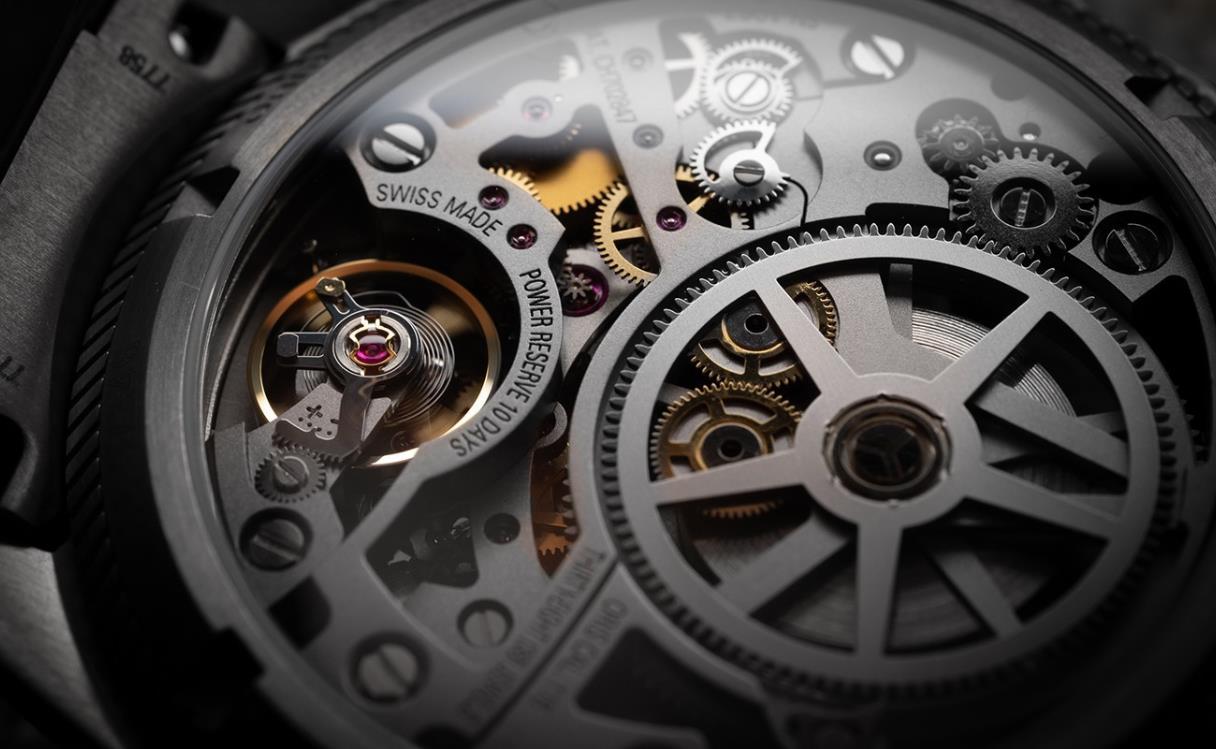


The differences between mechanical watches at different prices can be attributed to a variety of factors, including the quality of the materials used, the complexity of the movement, and the level of craftsmanship involved in making the watch. The following are factors that may affect prices provided by mechanical watch manufacturers:
High-end mechanical watches often use high-quality materials such as precious metals (gold, platinum) and high-grade steel, which can add to the cost of the watch.
The movement is the mechanism that powers the watch, and high-end watches often use more complex movements, such as automatic or hand-wound movements, which are more complex and require more skilled craftsmanship to manufacture.

Established luxury watch brands command higher prices for their reputation and heritage. Marketing and R&D costs are also added to the final price.
A complication is anything that a watch does beyond basic timekeeping, such as a chronograph or moon phase indicator. Watches with more complications tend to be more expensive due to design and production complications.
High-end mechanical watches tend to be made with more attention to detail, such as hand-polishing and hand-inlaid decorations, which require skilled labor.
To sum up, the price of a mechanical watch is affected by a variety of factors, including material quality, movement complexity, brand reputation, craftsmanship, and additional features. As prices increase, watches are often made from higher-quality materials and require more skilled labor to produce.

2F, Building A, Shimei Industrial Park, Dalang Town, Longhua District, Shenzhen, China